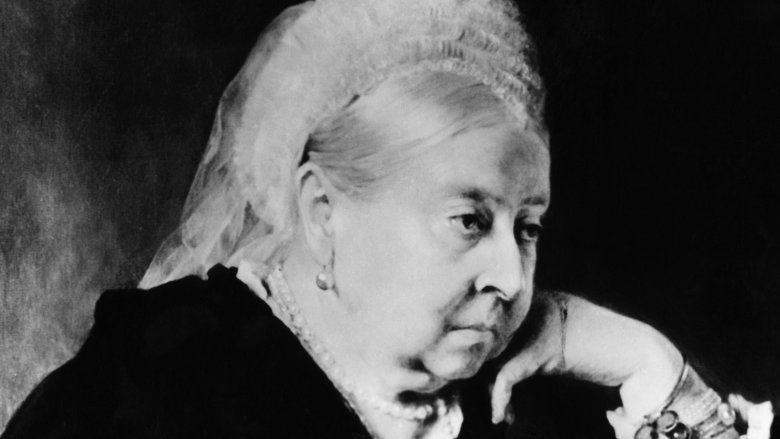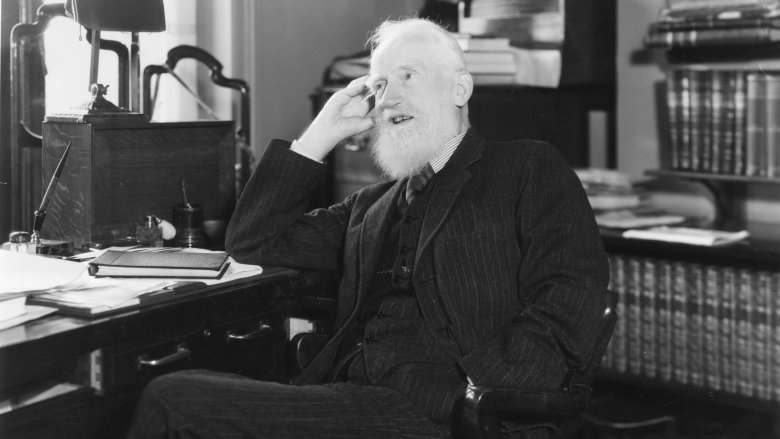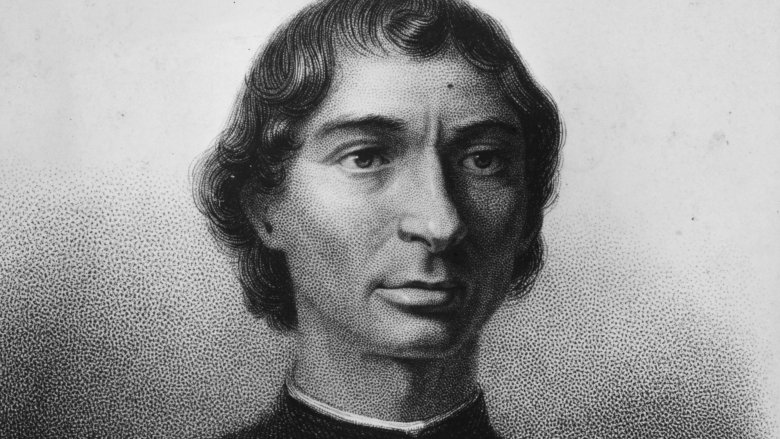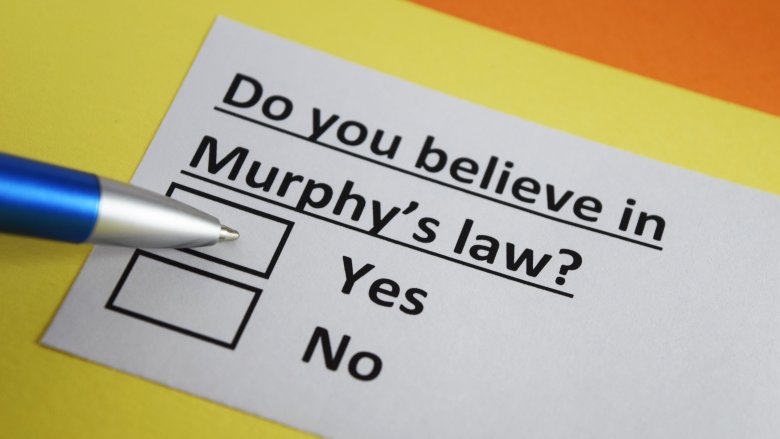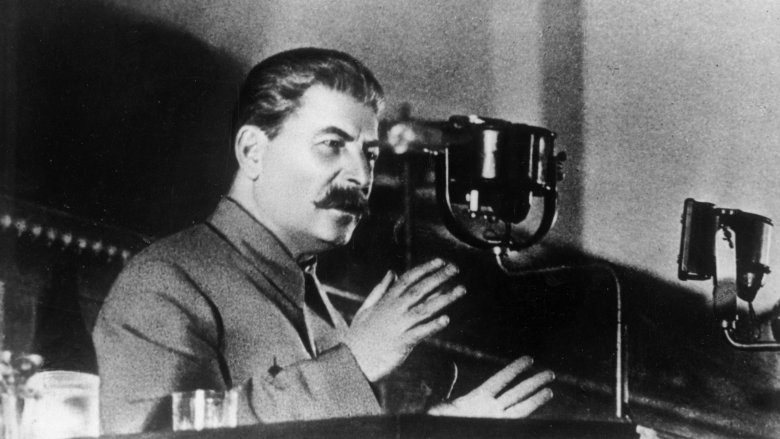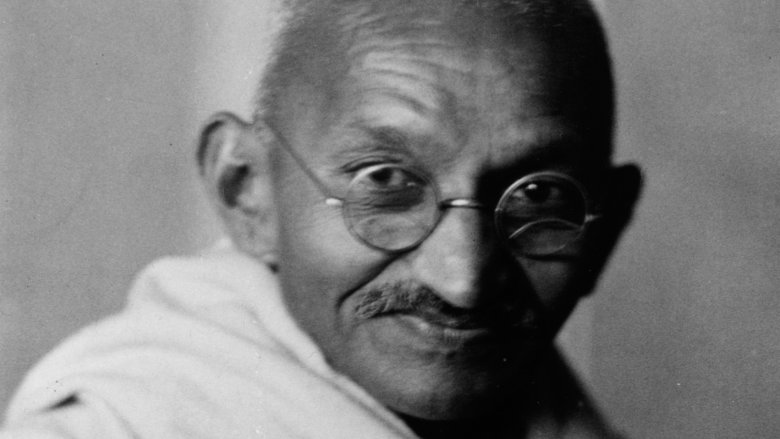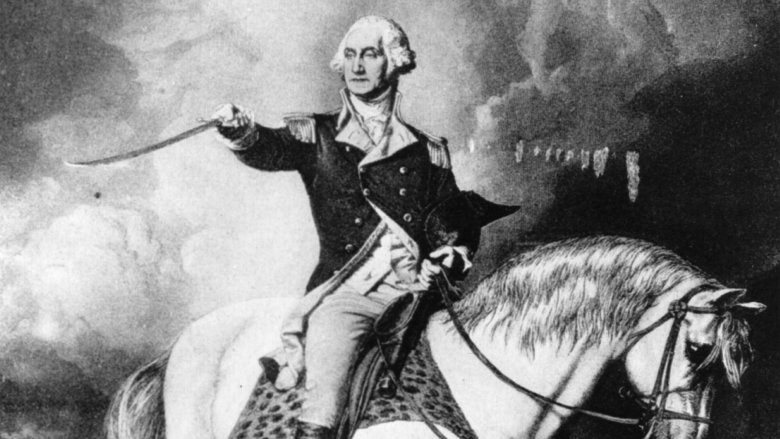Famous Quotes That May Never Have Been Spoken
Most of us don't have to worry about being misquoted because we aren't famous and no one really cares what we say, no matter how many followers we might have on Twitter. But when you are well-known, being misquoted must be really annoying. People will start to think you believe whatever was allegedly said. And in the most extreme cases, these made-up quotes become a defining part of a person's image. So let's try to correct the record a little bit and figure out who actually said what.
'We are not amused.' – Queen Victoria
Our vision of Queen Victoria is usually one of a fat, old lady dressed in black with a little crown on her head and a big scowl on her face. But despite appearances, she probably never said "We are not amused."
While the rumor has been going around for ages, even in her own lifetime, no one seems to know exactly when she said it. According to the Radio Times, it was printed in one book in 1919 that she said it when a servant told a slightly saucy story. Another tale says it was uttered after a performance of HMS Pinafore. Yet another says she voiced her opinion when a whole table was laughing at something she didn't find funny.
In fact, Queen Victoria was often amused. The Christian Science Monitor reported that Lady Salisbury, talking about Victoria as a younger woman, said if you could say anything bad about her it was that she laughed too much. A lady-in-waiting to the queen said she and her husband Prince Albert were "so easily amused." Lady Ponsonby reflected that sometimes at informal dinners she would laugh her head off until she couldn't catch her breath.
Sometimes she enjoyed ridiculous things. For example, Victoria loved when things went wrong at official engagements. She would invite warring politicians to visit her at the same time so she could enjoy their reactions. And who can blame her for laughing at organ-grinder monkeys? Apparently, looks can be deceiving.
'England and America are two countries divided by a common language.' – George Bernard Shaw
George Bernard Shaw is famous for his witty repartee. And there is a possibility he said something similar to this, but the link is tenuous. Quote Investigator reports that the earliest comment comes in 1942 in the Christian Science Monitor, when the interviewer said he had read the "typical remark of Bernard Shaw" a few days before; importantly it was not said during the actual interview.
Just where the interviewer read it is unknown since no original source from that time can be found. However, in the notes of his 1906 play Caesar and Cleopatra, Shaw writes that "We have men of exactly the same stock, and speaking the same language, growing in Great Britain, in Ireland, and in America. The result is three of the most distinctly marked nationalities under the sun." After that, versions of this quote appear from time to time, but there still isn't evidence Shaw ever said the exact phrase.
It's possible Oscar Wilde is the true originator of this phrase, since in one of his short stories the narrator describes a character like this: "Indeed, in many respects, she was quite English, and was an excellent example of the fact that we have really everything in common with America nowadays, except, of course, language." Not as concise as the famous phrase but the same general idea.
'The ends justify the means.' - Niccolo Machiavelli
You could read the whole of Machiavelli's most famous work The Prince, and never find this line. It's a short book, go ahead and look. Wasn't there, was it? It's not in any of his other works, either. In Chapter 18 of The Prince, he sort of alludes to this theory, saying things like "one judges by the result" and "let a prince have the credit of conquering and holding his state, the means will always be considered honest" but nothing is as succinct and pithy as the statement that has become synonymous with his name.
Even if Machiavelli had written this exact quote, he probably still wouldn't have meant it. According to the Christian Science Monitor, there's a good chance the whole book was written as one big work of satire. He might have been pointing out to readers that it was crazy to have one guy (and rarely, one woman) in charge of a whole country of people. That might explain the irony that he dedicated the book to the same ruler who had him arrested and tortured. Plus, this wouldn't have been the only time he wrote something majorly sarcastic: like that one annoying guy in your college English class, he also dabbled in satirical playwriting.
'Well-behaved women rarely make history.' - Marilyn Monroe
It's hard to escape this quote. There's a good chance you already saw this quote today, maybe on someone's car or shared on social media. But Marilyn Monroe never said it. Neither did Eleanor Roosevelt or Anne Boleyn or any of the other famous people it's been attributed to.
A slight variation of this quote was said at one point, but not by anyone well-known. According to the New York Times, Laurel Thatcher Ulrich wrote, "Well-behaved women seldom make history" as a complete aside in an academic journal, of all places, in an article called "Vertuous Women Found: New England Ministerial Literature, 1668-1735" in 1976. How it went from there to being plastered on everything from bumper stickers to mugs to T-shirts is anyone's guess. Normally you'd need to attribute this concise line to the correct source, but she's not holding her breath. The quote has taken on a life of its own.
While the quote sounds like something you want to be true, plenty of well-behaved women make history. Mother Teresa wasn't exactly out partying every night, and we've all heard of her. The truth is, women can act however they want and they might or might not get famous for it, if that's even their main goal. Just live your best life and you'll be fine. There's your slogan.
'Anything that can go wrong, will go wrong.' - Edward Murphy
Has a truer phrase ever been spoken? Well ... probably, yeah, because chances are this one wasn't spoken. According to The Phrase Finder, this statement was originally attributed to Captain Edward A. Murphy who was working for the U.S. Air Force in 1949. He was an aerospace engineer doing experiments in deceleration, and he absolutely hated the people he was working with. Supposedly it was then that he noted that if they could possibly do something wrong, they would. A small but important difference.
It first showed up in print in 1952, when the book The Making of a Scientist quoted a physicist as saying Murphy's Law was, "If anything can go wrong it will." But astronaut John Glenn wrote in his 1962 memoir that the Murphy who said this quote was actually a fictitious character made up by the U.S. Navy for educational cartoons. He was depicted as a mechanic who couldn't get anything right.
No matter what Murphy allegedly said it, he would have just been repeating a variation of "laws" that came before him. These include: "Once a job is botched, any attempts to fix it make it worse" and "Bread always falls buttered side down." Other variations came after Murphy's Law, like Sod's Law and Finagle's Law, which both appeared in the 1970s. Whoever came up with it, they definitely captured the essence of life.
'I invented the internet.' - Al Gore
During the run-up to the 2000 U.S. presidential election, Al Gore sat down for an interview with Wolf Blitzer in 1999 and talked about important things he'd done. Snopes reports that he said:
"During my service in the United States Congress, I took the initiative in creating the Internet. I took the initiative in moving forward a whole range of initiatives that have proven to be important to our country's economic growth and environmental protection, improvements in our educational system."
That is a really long way of saying that as a politician he did what he could in his power to help the development of the internet. But his opponents and critics decided that paraphrasing it to "I invented the internet" sounded a whole lot funnier, and the myth was born. He would be mocked for it constantly, and people still think he said it.
Gore wasn't bragging for no reason. According to actual internet pioneers, "Al Gore was the first political leader to recognize the importance of the internet and to promote and support its development" and "No other elected official, to our knowledge, has made a greater contribution [to the internet] over a longer period of time." That's some pretty sweet praise. He might not have invented it, but you can thank him that you can do stuff like read interesting articles while on the toilet.
'A single death is a tragedy, a million deaths is a statistic.' – Joseph Stalin
Look, we're not here to defend Stalin. He wasn't history's nicest guy. And he definitely killed millions of people. But that doesn't change the fact that his most famous callous quote was probably never said.
According to Quote Investigator, a version of the saying first appeared in the Washington Post in 1947. It was referring to a conversation that supposedly took place years earlier, before Stalin was even in power. He was the Commissar of Munitions and attending a meeting when someone made a speech about the millions who were going to die due to a famine. Stalin was said to reply, "If only one man dies of hunger, that is a tragedy. If millions die, that's only statistics." There's no evidence this conversation ever took place.
A poem from 1759 included the words "One Murder made a Villain, Millions a Hero ... numbers sanctified the crime." The same line was used in a Charlie Chaplin film two years before the Stalin article came out. In 1916, an anarchist publication wrote, "There is double the pathos for us in the death of one little New York waif from hunger than there is in a million deaths from famine in China." Even the Germans got in on it in 1924, writing in a newspaper that a French diplomat had remarked "The death of one man: that is a catastrophe. One hundred thousand deaths: that is a statistic!"
'Be the change you wish to see in the world.' – Gandhi
Gandhi said a lot of really deep stuff, and don't you sound like an enlightened human being when you quote him? It's like his words have rubbed off a little of his greatness onto you. But sadly, if you've been saying this quote, you've just been repeating some unknown person, possibly one who made it up for a perfect bumper sticker saying.
That's not to say Gandhi didn't opine anything similar to this. According to the New York Times, we know he said, "If we could change ourselves, the tendencies in the world would also change. As a man changes his own nature, so does the attitude of the world change towards him. ... We need not wait to see what others do." But you'd need extra bumpers to fit that on your car, and even then it'd be way too long for people to read at a traffic light.
Plus, it doesn't really have the same meaning. His actual quote is saying that changing yourself goes right along with changing the world. Not that just changing who you are is enough. And it's not, when you really think about it. It just doesn't sound as cool and deep as "Be the change you wish to see in the world." Gandhi would have been terrible at Twitter. Fake Gandhi has it nailed.
'I disapprove of what you say, but I will defend to the death your right to say it.' – Voltaire
Always be a little suspicious of quotes that only show up after someone kicks the bucket. Be especially suspicious when it takes more than a century to emerge. According to Quote Investigator, that's the deal with this one.
Voltaire died in 1778, but this saying first shows up in a book about him in 1906. Author Evelyn Beatrice Hall recounted a story that supposedly happened in 1758, when another philosopher published a controversial book. While Voltaire wasn't a fan of it himself, he didn't agree with the public book burning that followed. The story recounts that Voltaire's "attitude" was "I disapprove of what you say, but I will defend to the death your right to say it" but that what he actually said was "What a fuss about an omelet!" That's a much cooler saying. Forget "fetch," let's try to make this happen.
Just in case there was any confusion about which comment Voltaire actually made, Hall wrote in a letter to the academic journal Modern Language Notes that yes, she had made the sentence up herself. In 1919, she made it clear again in a book of Voltaire's letters, where she labeled a similar saying an "essentially Voltairean principle" and not "something Voltaire actually said."
'Elementary, my dear Watson.' – Sherlock Holmes
Even if you haven't read the Arthur Conan Doyle stories or ever watched Sherlock or Elementary, you have to be familiar with Holmes' most famous comment. Unfortunately, if this is the only thing you know about Holmes, you don't really know anything — he never said it. As much as fictional characters can actually "say" anything.
Snopes says that the closest Holmes comes to saying this phrase is in the short story "The Crooked Man." He has just done a rather impressive deduction of how busy Dr. Watson is with his patients at the moment, and this exchange takes place: "'Excellent!' I cried. 'Elementary,' he said."
The original use of the phrase might be in the 1929 film The Return of Sherlock Holmes, although a review of the film makes it clear that the line was already famous at the time, so it's doubtful.
The most interesting thing about the Sherlock Holmes stories might be how often people ejaculate. No, not like that. This means saying something suddenly and firmly. According to QI
, there are 23 ejaculations in total, with 11 coming from Watson and only six from Holmes. However, there is one ambiguous one that could come from either, where "a sudden ejaculation" wakes Watson up. Haven't we all been there?
'I cannot tell a lie. I did cut it with my hatchet.' – George Washington
The first thing you probably learned about George Washington was that he was our first president. The second thing? That he was really terrible at telling lies.
The story goes that little Georgie Washington got as a gift the toy every child dreams of, a hatchet. He was playing around with it and chopped down his father's prized cherry tree. When he was confronted, he said, "I cannot tell a lie. I did cut it with my hatchet."
But the Mount Vernon official website says this story is boohockey. It was first invented shortly after Washington died by an author who wanted to cash in on his death by writing a popular history book. It worked; the book was a bestseller and even though he included lots of other fake stories, the cherry tree was the one everyone remembered.
If you first heard this story when you were a kid, there's probably a reason for that. The Rev. William Holmes McGuffey decided the tale was a great one to tell children in the hopes they'd all grow up and be perfect citizens. (Good luck with that one.) He added the story to the schoolbooks he wrote in 1836 and managed to sell a mind-blowing 120 million copies over the next 100 years. While the cherry tree story was only in it for 20 years, it stuck hard in America's collective memory.
